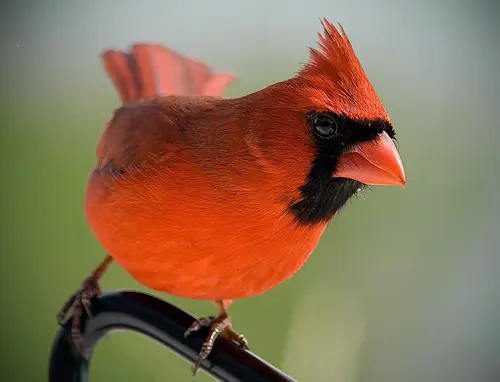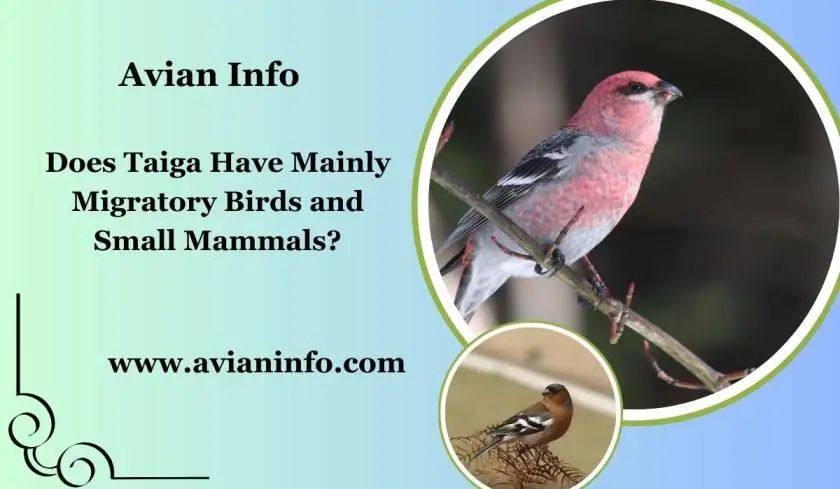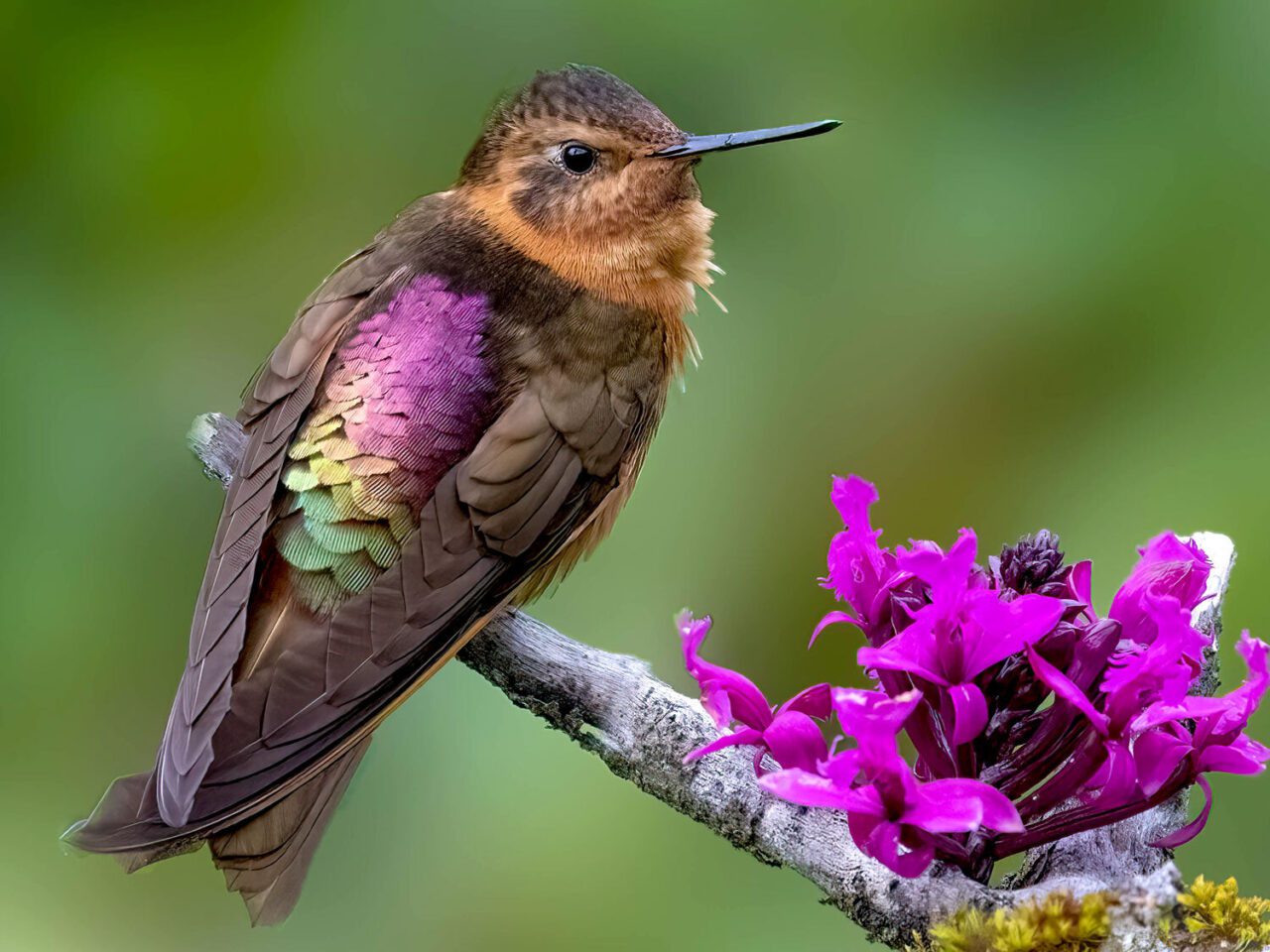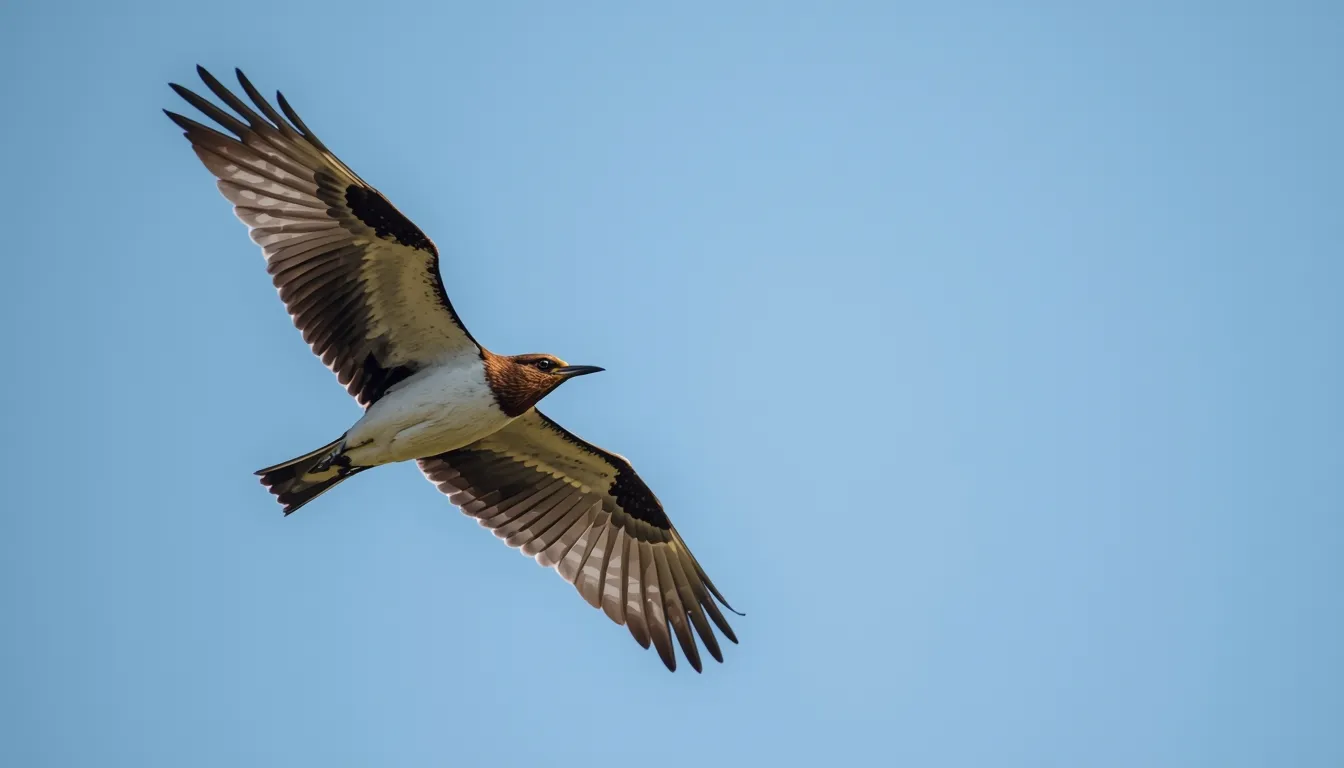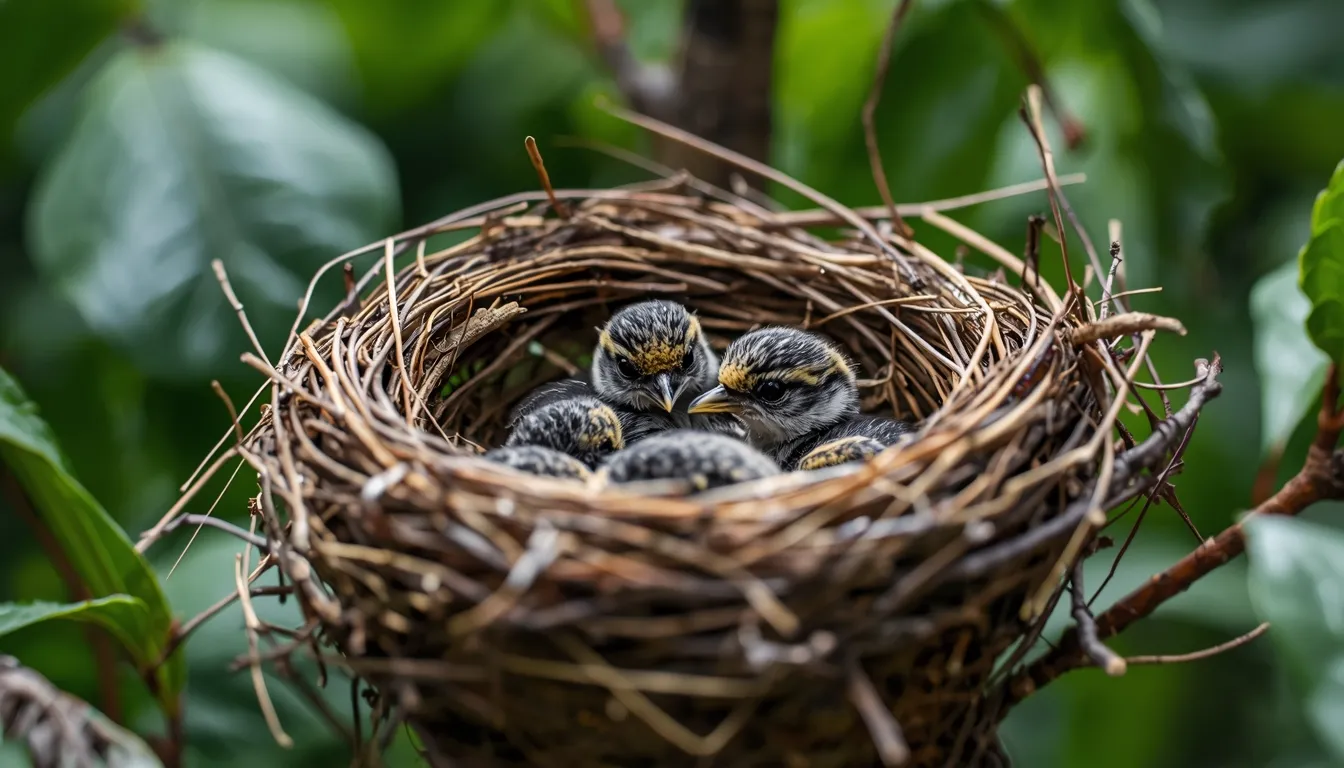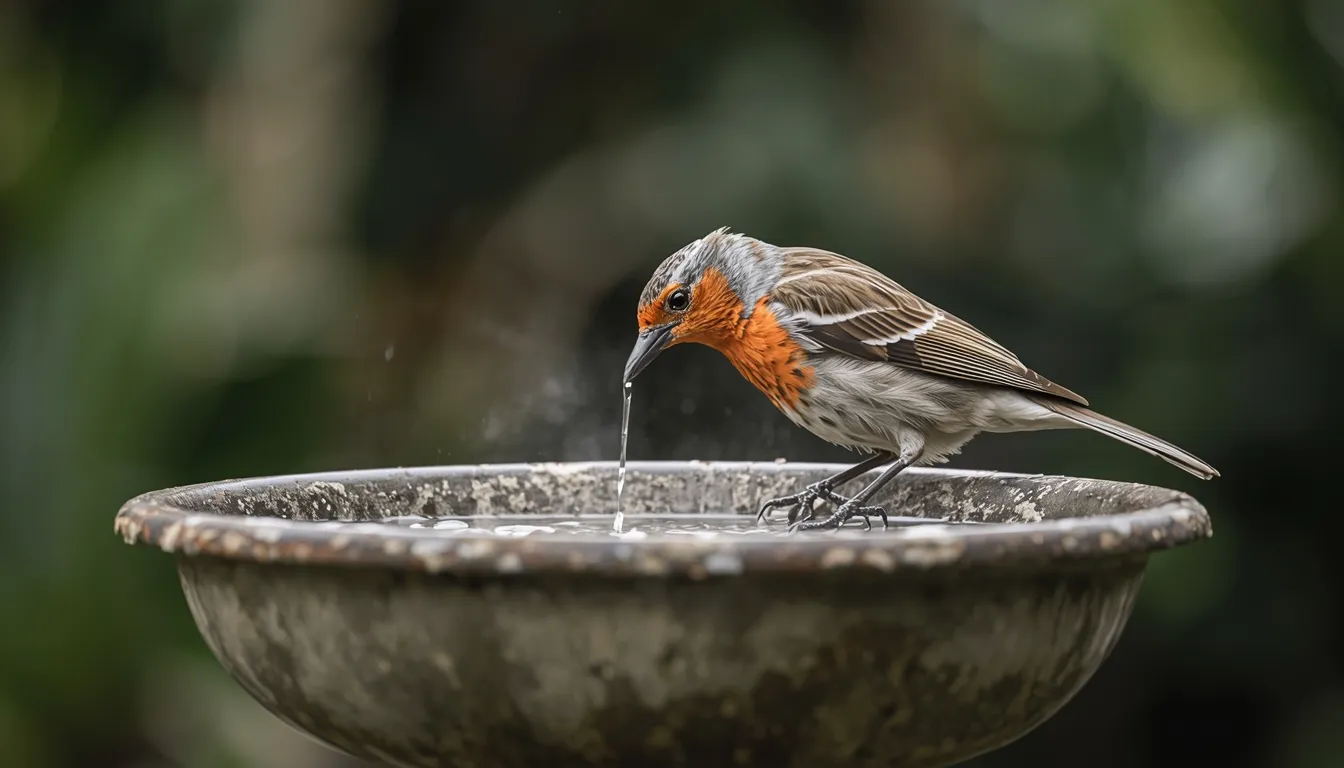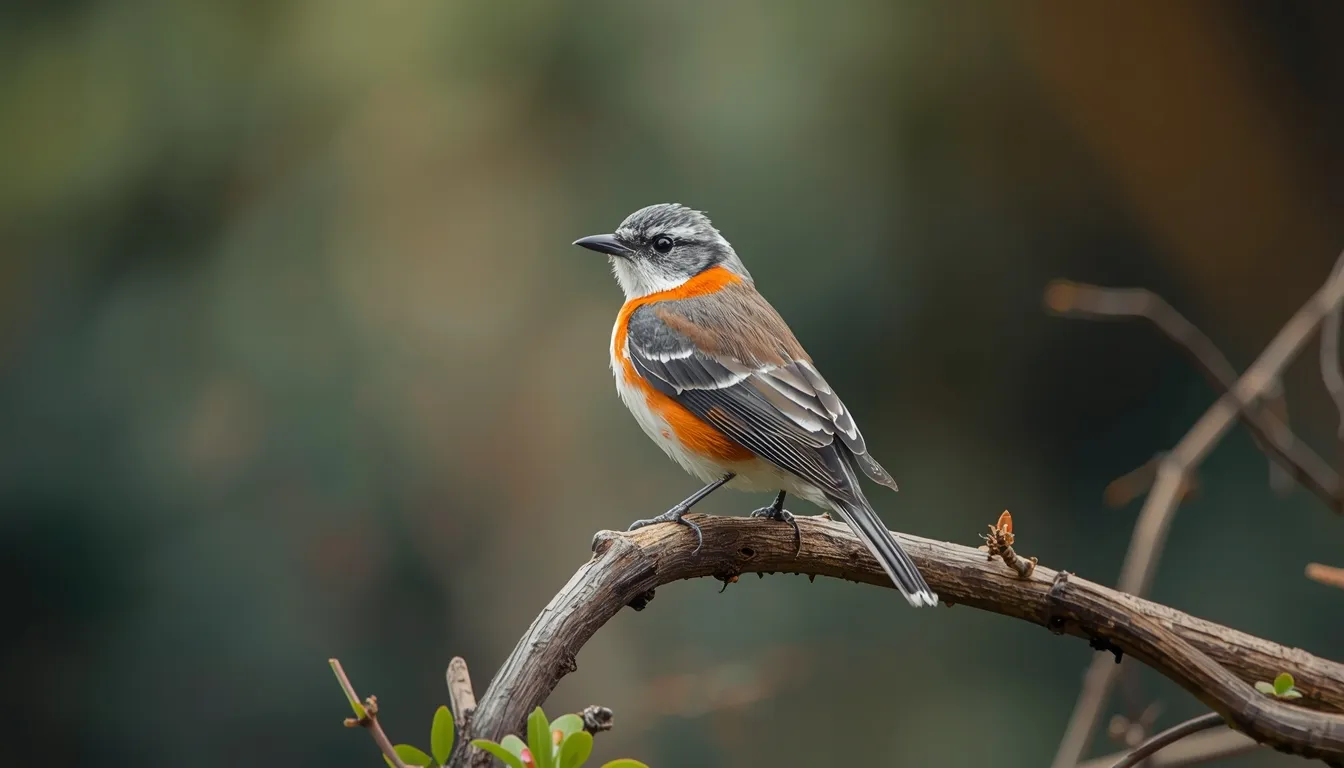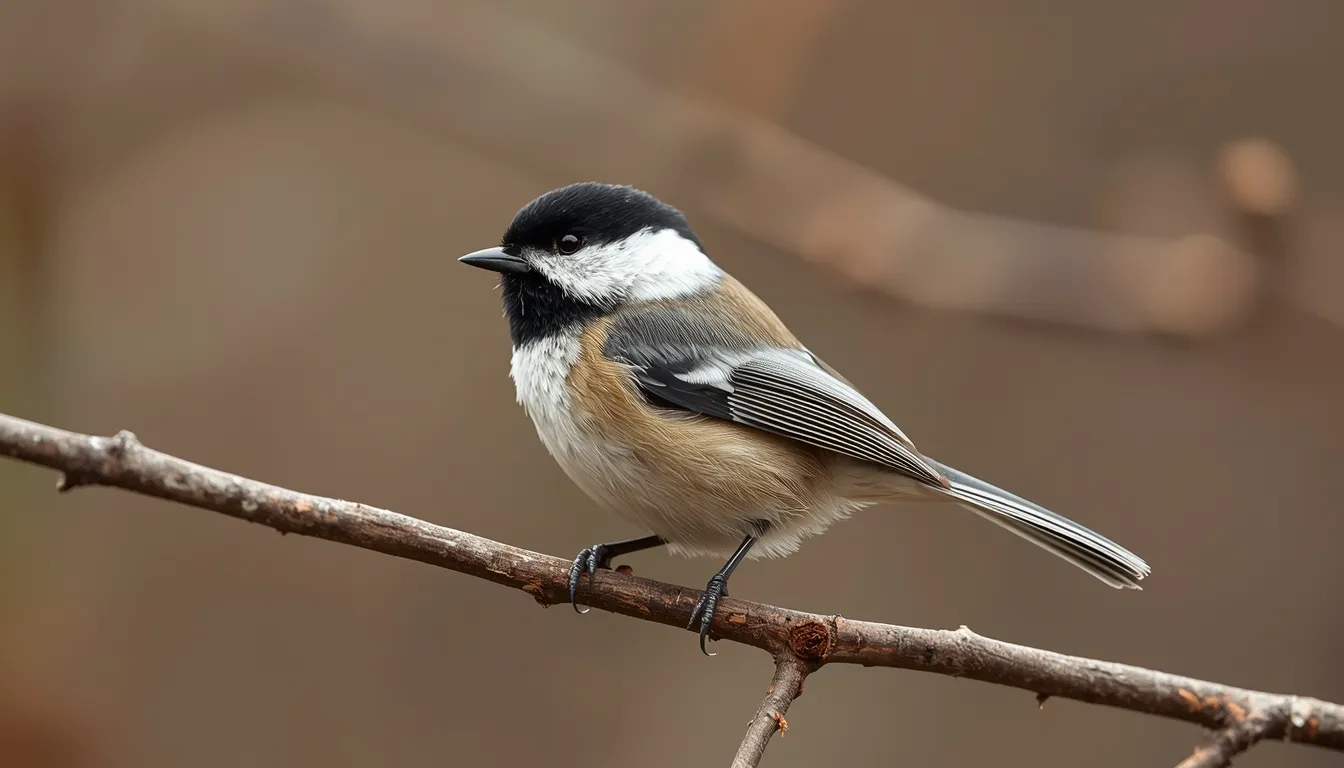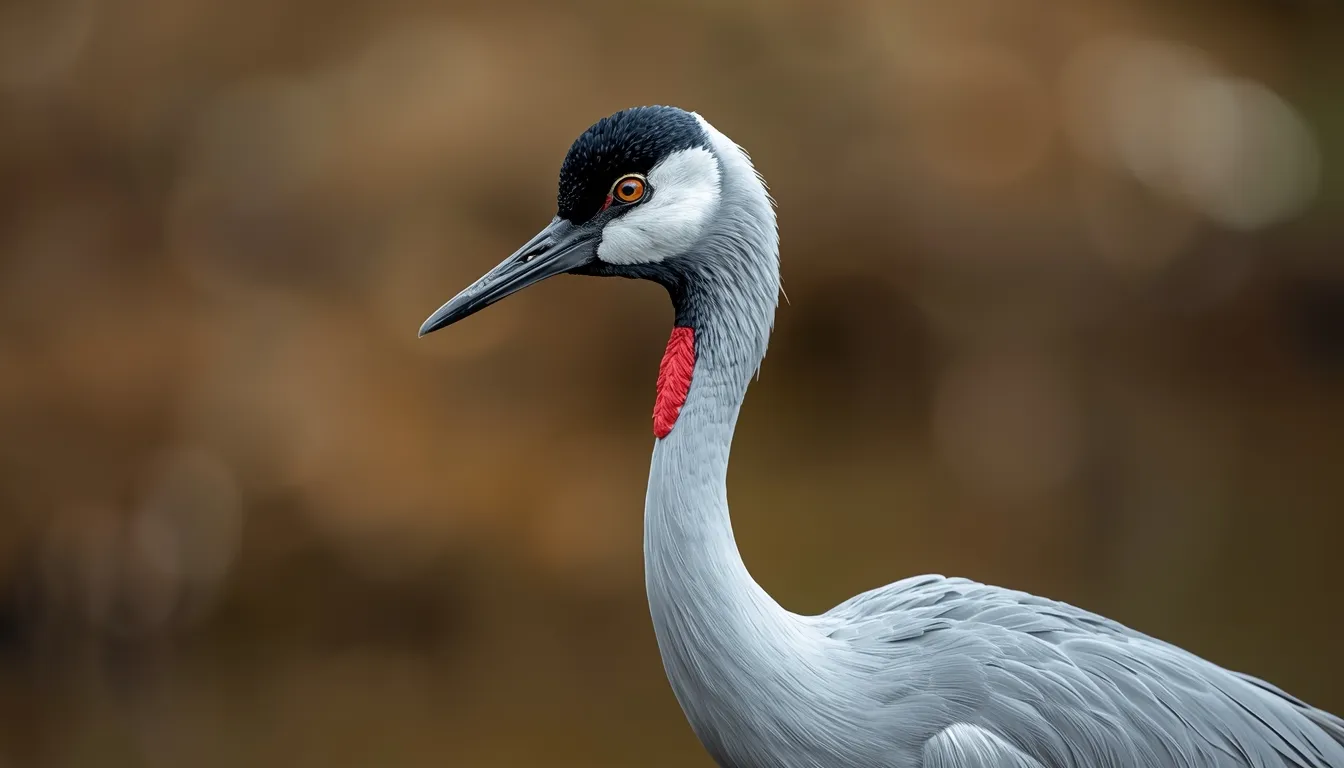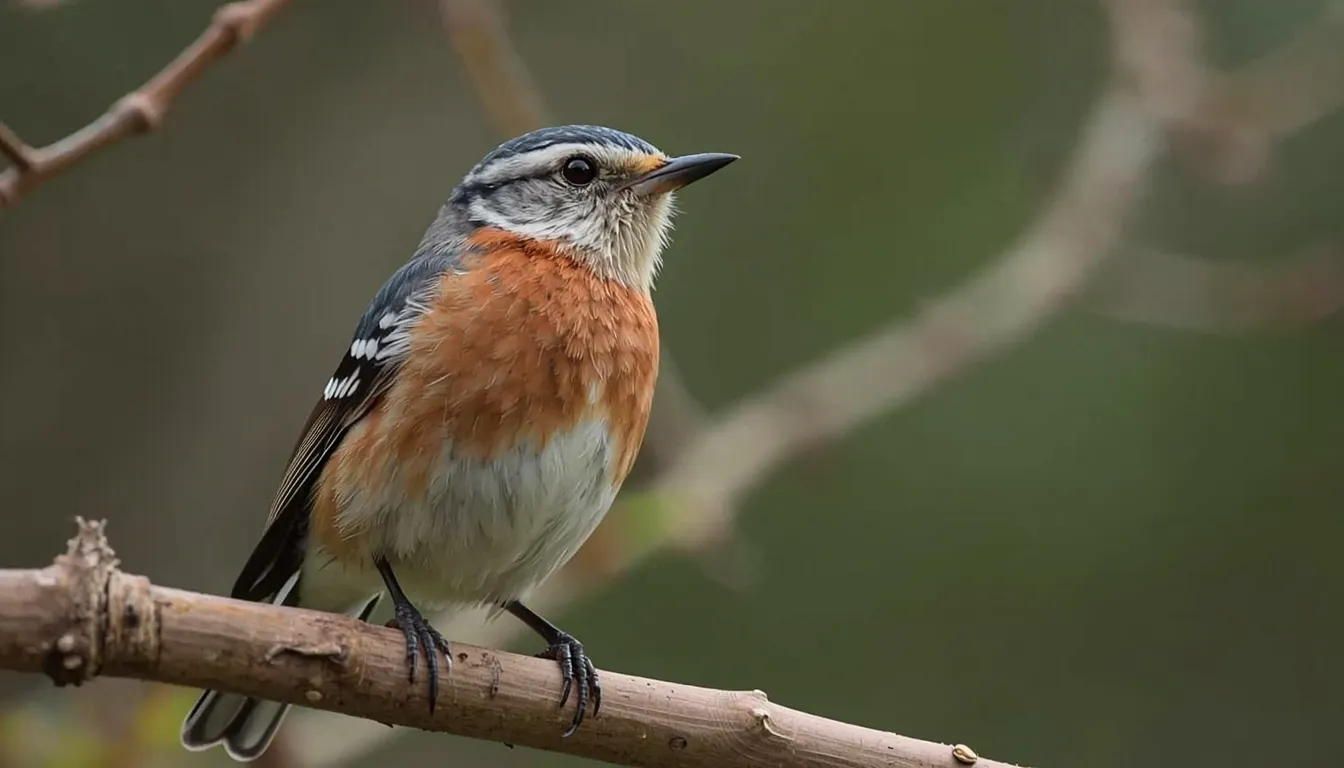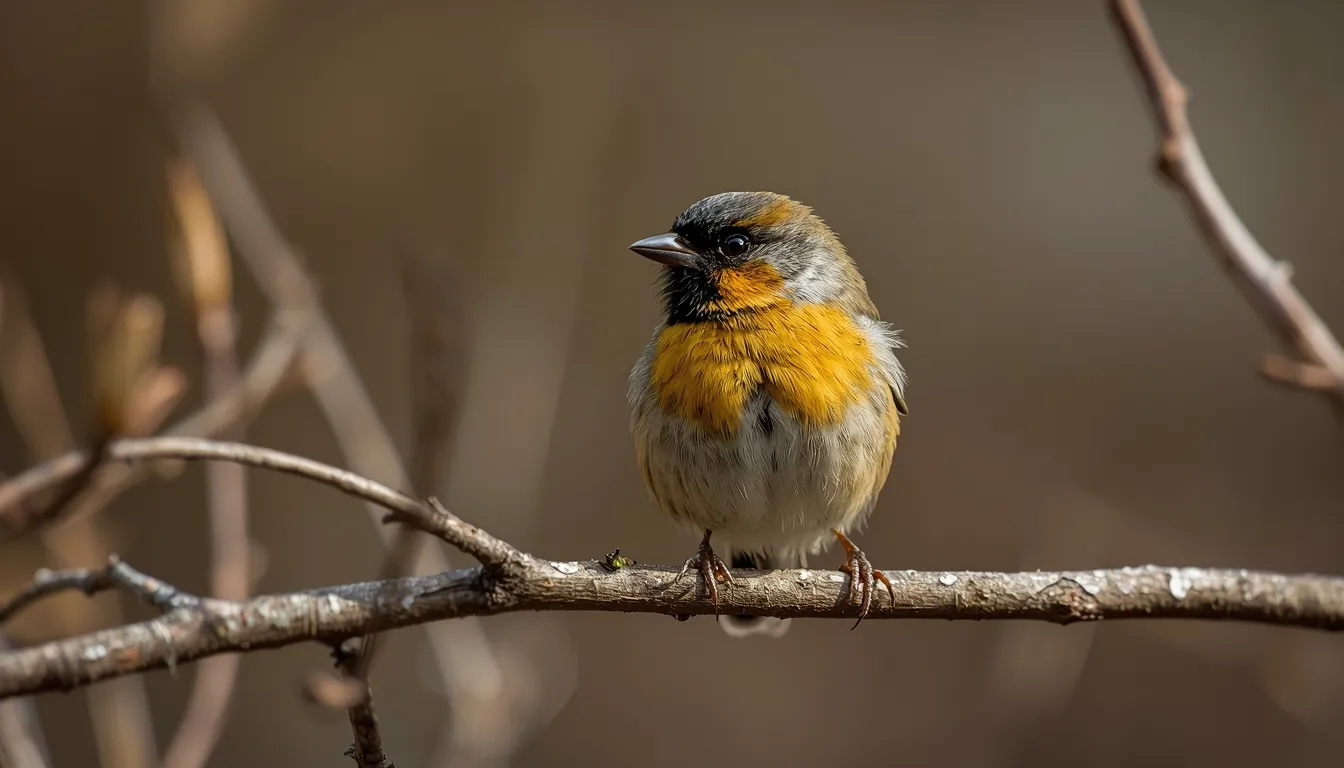Assuming you had the chance to name the species presented above, what might you call it? Something engaging about its plumage or environment inclinations, or perhaps a prominent way of behaving?
Normal names for birds assist us with valuing their unique, solitary characteristics. A name can build how we might interpret an animal variety (for instance, the Snail Kite is named for its eating regimen of only snails) and even flash our creative mind (consider Sparkling Sunbeam, Rainbow Star Frontlet, Spectacled Spiderhunter, or Kindling Finder).
Interestingly, a typical name that doesn't portray a bird well can make it harder to distinguish and recall. Some bird names might inflict any kind of damage and prohibition via conveying relationships with noteworthy shameful acts.
These are a few of the reasons given by the American Ornithological Society (AOS), the association liable for keeping up with the Agenda of North American Birds as a feature of its as of late declared obligation to evolve.
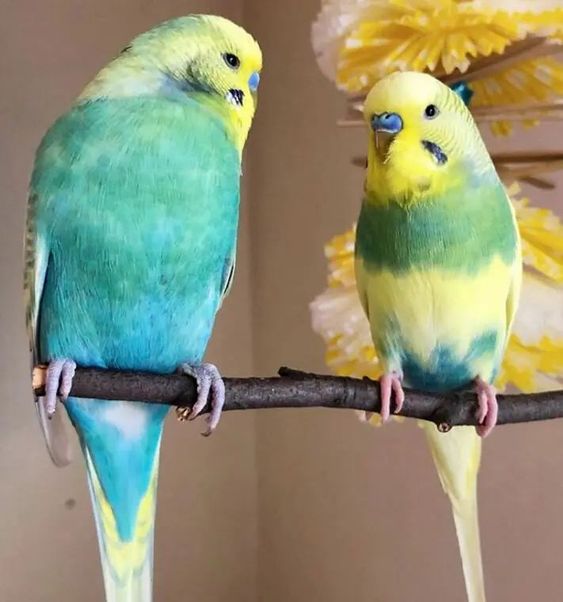
All English-language names of birds inside zoological names of birds are named straightforwardly after individuals (eponyms) alongside different names considered hostile and exclusionary, zeroing in first on those species that happen principally inside the U.S. or then again Canada. Peruse the full AOS Board proclamation reporting these responsibilities and go inside the AOS suggestion to change eponymous bird names on About Birds.
How might this choice affect eBird, Merlin, Birds of the World, Macaulay Library, and other Cornell Lab projects? The scientific categorization utilized by projects at the Cornell Lab of Ornithology.
The eBird/Clements scientific name for a bird categorization is an agreement scientific classification that has commonly conceded to local experts for grouping and terminology. For species happening inside the Americas, the eBird/Clements Scientific categorization has followed the AOS's Agenda of North and Center American Birds and Agenda of South American Birds.
At the point when these territorial agendas are overhauled by their particular boards, they by and large change in the eBird/Clements scientific name for a bird classification also, with minor exemptions (e.g., in the event that the proposals of two advisory groups contrast).
We consolidate these amendments once per year during our annual scientific categorization update. Consequently, no progressions will be made to English normal names in the eBird data set until October 2024 at the exceptionally earliest.
This declaration just relates to the English normal names of eponymous birds (birds named after individuals) happening principally inside the AOS's geographic domain. English names in different areas will keep not entirely settled in conference with accomplice associations in those locales. Assuming that you use one of eBird's more than 95 territorial language varieties, you may not notice any changes. In like manner, logical names are not affected by this choice.
There are still a lot of subtleties to work out. A course of events has not been set, nor have any new names been chosen. The AOS will next send off a pilot to "resolve the coordinated factors of undertaking this huge exertion.
Read Also: View from Sapsucker Woods: What’s in a Name
Our groups at the Cornell Lab are strong about this cycle and hopeful that it will bring about a net advantage to birding over the long run. We believe that giving birds names that portray and respect the life form itself could potentially make birding available to more people.
By the by, we recognize the huge effect of this choice regarding both positive open doors and the likely difficulties. Ordered foundations regularly rename birds for logical reasons; however, never before have such countless names been scheduled to begin the course of updating immediately. Changes of this magnitude are frequently difficult; learning new bird names can be troublesome and confusing.
Luckily, our innovation stages today make it simpler to learn and use new bird names than ever before. eBird and Merlin are focused on utilizing our current apparatuses and assets.
Particularly numerous varieties of normal names, to assist birders in the AOS district with adjusting to these changes. (We had the option to change from Dim Jay to Canada Jay, all things considered!) We are invigorated for the chance to draw in an enormous and various local area of voices to produce bird names that are more straightforward to learn, recall, and relate to.
On November 1, 2023, the US Zoological Name of Birds Society declared that it will transpire the English international names of birds that are named without persons. The AOS will build a prototype method with a small number of species, then write adjustments on a rolling time frame, first focusing on 70–80 species that occur mostly in the United States and Canada.
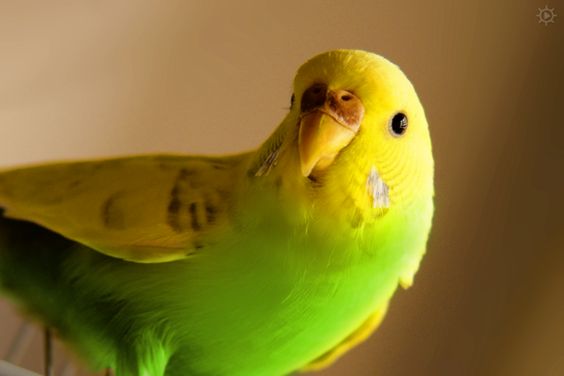
Q: What does the Cornell Lab of Ornithology believe well-nigh waffly the names of birds that are named without people?
A: The Cornell Lab of Ornithological supports the proposal of the American Ornithological Society to transpiration English bird names that are named without humans (eponymous names), and to engage the public in picking the new names.
Some eponymous bird names imply associations with historic injustices. Determining which names to select specimen by specimen would be subjective and unsolvable. Waffly all eponymous names is a well-spoken standard. It additionally presents an exciting prospect to develop bird names that are growing informational well-nigh the birds themselves.
Trending Post: Why Are My Parakeet Is Losing Tail Feathers?
We know that people will have diversified opinions well-nigh these name adjustments and the hurdles of the attempt. The Cornell Lab of Ornithology stands ready to work with partners and communities to learn more, to aid a comprehensive knowledge of these changes, and to draw together the passion of everyone who loves birds to join in supporting and safeguarding them.
Q: Which bird names will be changing? How many names will be affected? What is the AOS’s purview?
A: The adjustments are proposed to be carried out through time rather than all at once, and will uncork with a pilot involving a small number of species. Without that, the first focus will be well-nigh 70–80 birds found mostly in the U.S. and Canada.
The AOS now maintains supervisory bird checklists for North, Central, and South America. Beyond the U.S. and Canada within this purview, the AOS will work with ornithological societies in those regions to determine what organizations would be the most towardly stewards of English worldwide names in collaboration with regional communities, in ways that are aligned with their wishes.
There are 152 eponymous English names on the list of birds unswayable by the AOS North American Classification Committee and 111 unswayable by the South American Classification Committee (in total, well-nigh 5.5% of English bird names that AOS now controls).
Q: When will the name changes roll out?
A: This timing is still to be set. The AOS has announced that it will undertake a pilot to work out the logistics including a method to include experts and the public. Each year the AOS has revised bird names once during the summer released as a Supplement to the Check-list of North American Birds. The new approach is anticipated to be on a similar timeframe.
After name changes are published by AOS, these changes will be mirrored on the Cornell Lab of Ornithology’s platforms (e.g., eBird, Merlin, All Well-nigh Birds, and Birds of the World) during the Lab’s yearly taxonomic updates in October.
Q: How will English names be unauthentic in other places of the world outside of the American Ornithological Society’s current purview (that is, vastitude North, Central, and South America)?
A: English names in other regions will protract to be unswayable in partnership with, or by, other entities.
Q: Who will decide the new names?
A: The American Ornithological Society has indicated it will establish a new committee that is envisioned to include persons whose experience represents the social sciences, education, arts, communications, ornithology, and taxonomy. Additionally, the AOS has single-minded to urgently engage the public in the process of picking new names. See How long will the process take, and how will it work?
Q: Will there be a transition period when former names will be presented on the Lab’s platforms?
A: The Lab anticipates supporting users in learning new names, for example, by including the prior names on its platforms during a transition period, when space allows.

